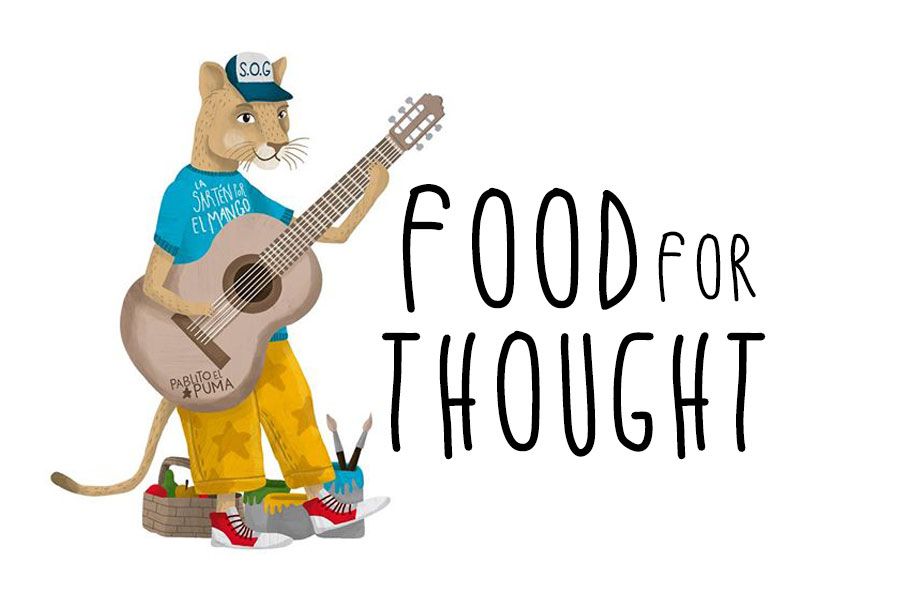Pennie Brownlee has a Facebook page called Dance with me in the Heart. It is a site for parents and early childhood teachers. Well worth a look for little nuggets. Here are a few words that I have taken directly from that page.
“Simple fact: No one can give you knowledge - you must make it for yourself. Others can give you information, but not knowledge. Probably the greatest confusion in every level of education is the endemic confusion between information and knowledge.
When children learn ABOUT something instead of EXPERIENCING it, they cannot make knowledge for themselves. In an age where (almost) any piece of information is a few keystrokes away it makes no sense to have bright minds (i.e. children) memorise information from screens, worksheets, textbooks, teachers talking... if it doesn't relate to anything relevant in their lives.”
I like what Pennie has written about information and knowledge. So much so, that I’d maybe change what I wrote in my Day 11 post “In a world filled with so much information, we can become very knowledgeable. But more information will never make us wise! We can only become wise when we learn how to socially and emotionally connect”.
In what I had written, I didn’t give enough credit to knowledge. Pennie hit the nail on the head. Knowledge comes from a combination of information and experience. If we can provide an environment where every child can actively experience the world instead of having to learn about it, then we are supporting the growth of successful learners!
Information is what we receive through our senses. We are designed to constantly receive it. It isn’t, ‘what’ information that we are receiving, it is ‘how’ we are receiving it! The word ‘learn’ is a verb. It has to be active. It can’t be static. Children need to move to learn. I learned this from trying to teach rhythm patterns. The children didn’t absorb it from my explanation of the rhythm patterns on the blackboard. When I drew numbers on the floor so that the children could step on the numbers saying them as they walked or danced, they learned by doing. The doing was important but I will also add another element, enjoyment.
Pennie says that the kids have to make knowledge for themselves. Within the rhythm lesson that I had created, yes, I provided the opportunity for the kids to learn, but they created their own knowledge through experience.
I can’t help myself, but I have a small obsession with trying to make equations that can simplify an idea or concept. They aren’t new ideas or even my ideas, but for me, as a learner, I have to break things down to their simplest form so that I can remember them.
Information + The active experience of that information = Knowledge
Pennie also quotes a smart dude by the name of Albert “Knowledge is experience. Everything else is information.” Last name, Einstein.
Here is another equation.
Knowledge + Social/Emotional connection = Wisdom
I say social/emotional connection because when I think of a wise person, I think of someone who can successfully apply their knowledge in the social context within which we live. Alone we can be knowledgeable but using that knowledge in our interactions with others makes us wise. Social and emotional have to go together as far as I’m concerned. They are inextricably linked!
I would like to add the ‘enjoyment’ element to the equation.
Information + The active experience of that information + Enjoyment = Emotionally connected knowledge
If our knowledge is connected to an emotion, it is connected to the core of our being. I think it may even create a stronger biological connection within the brain, therefore knowledge connected with an emotion can literally become part of us. I see the negative effects of emotional trauma every day. I know how difficult if it to transform a habit created through a negative emotional trauma. We should be trying to create an environment where the opposite happens – active and enjoyable learning experiences. They are the building blocks of a healthier brain.
